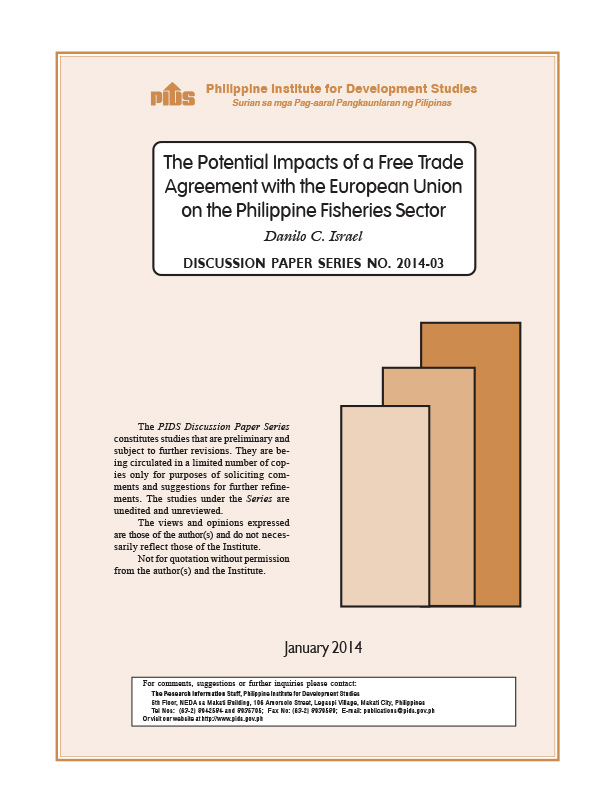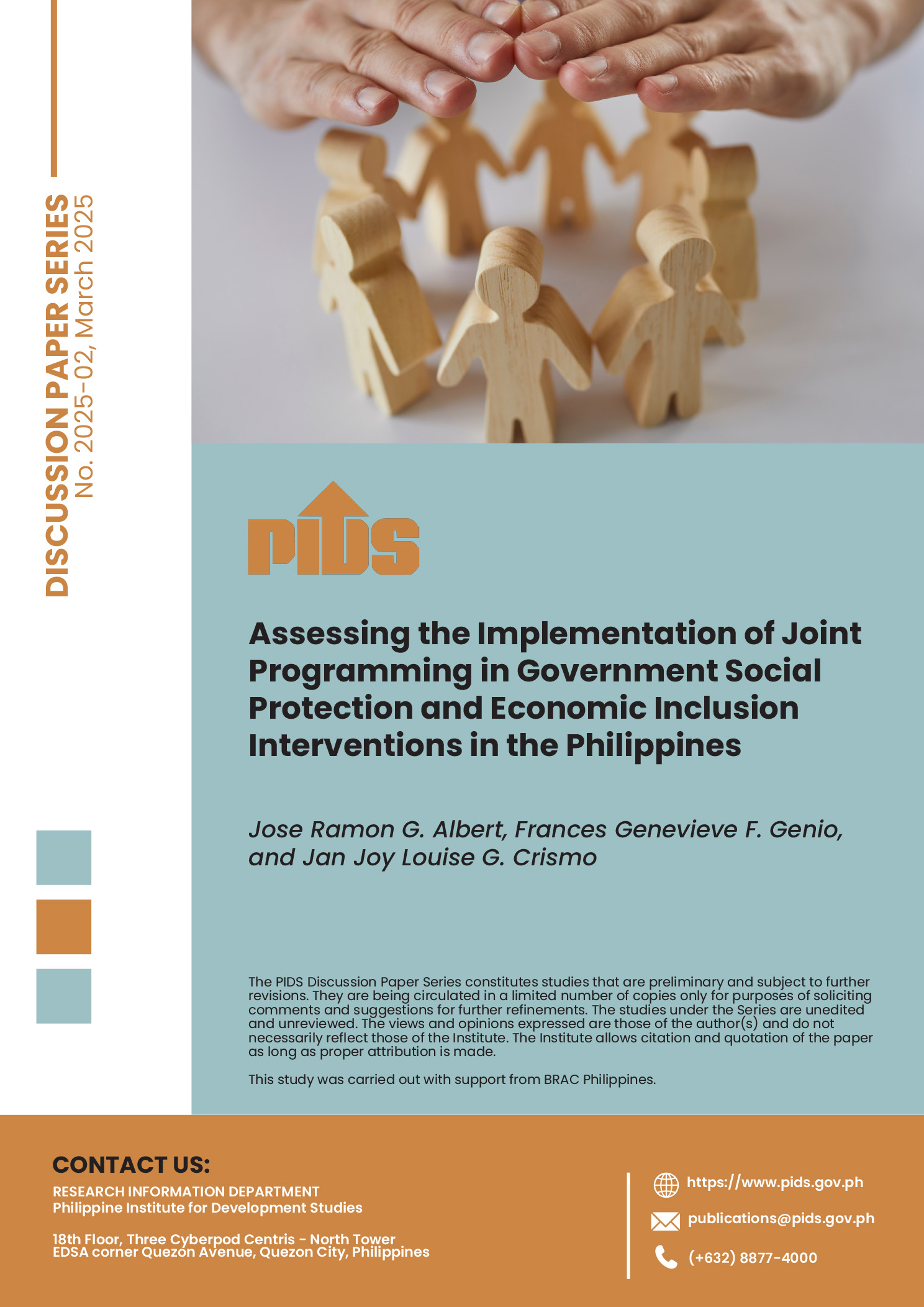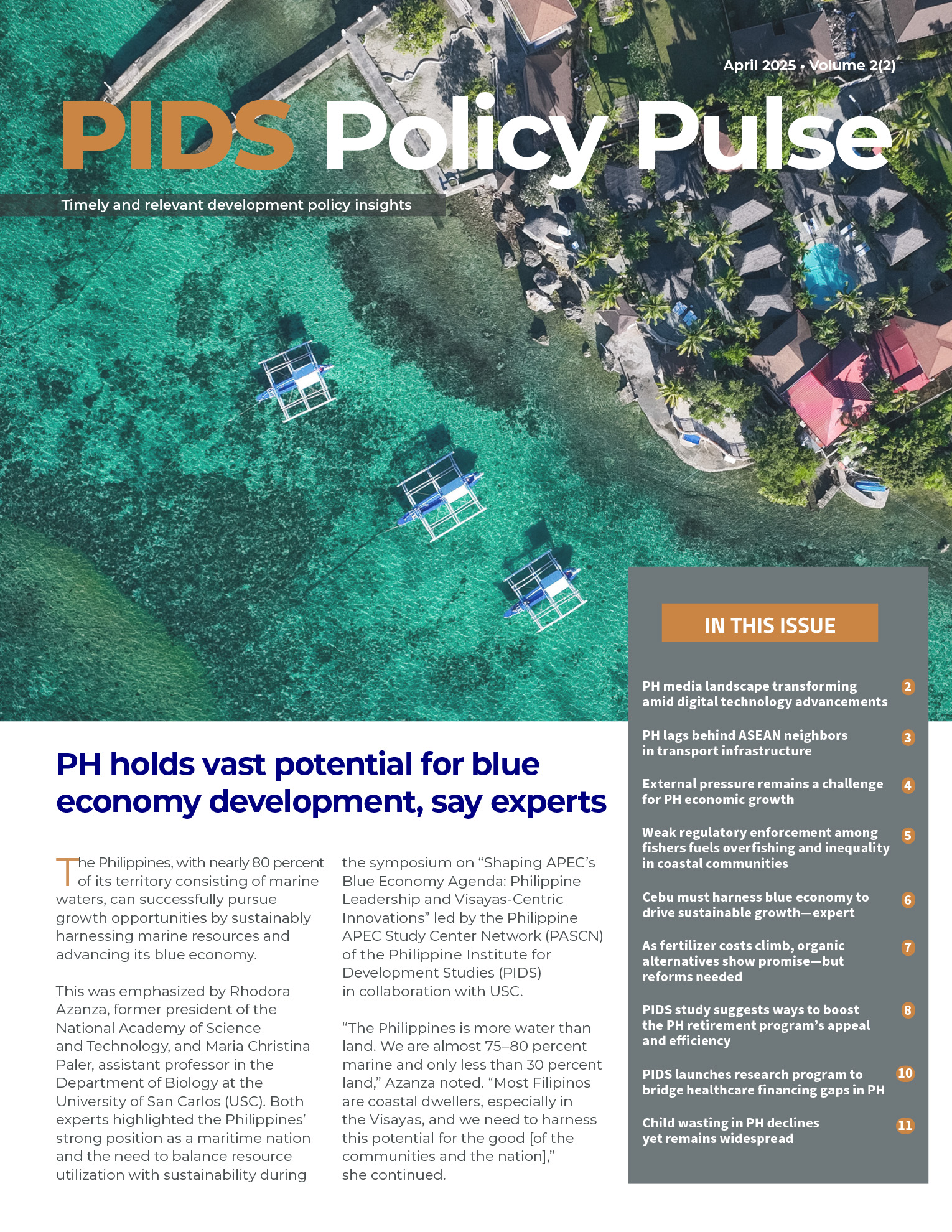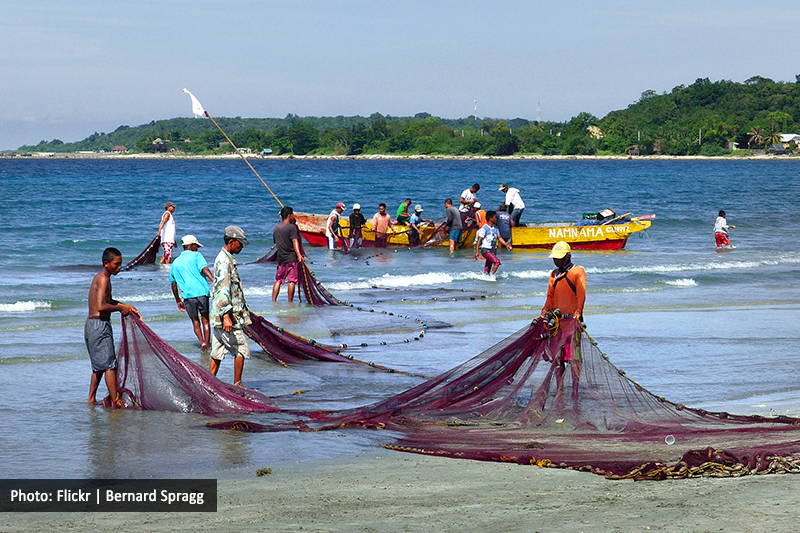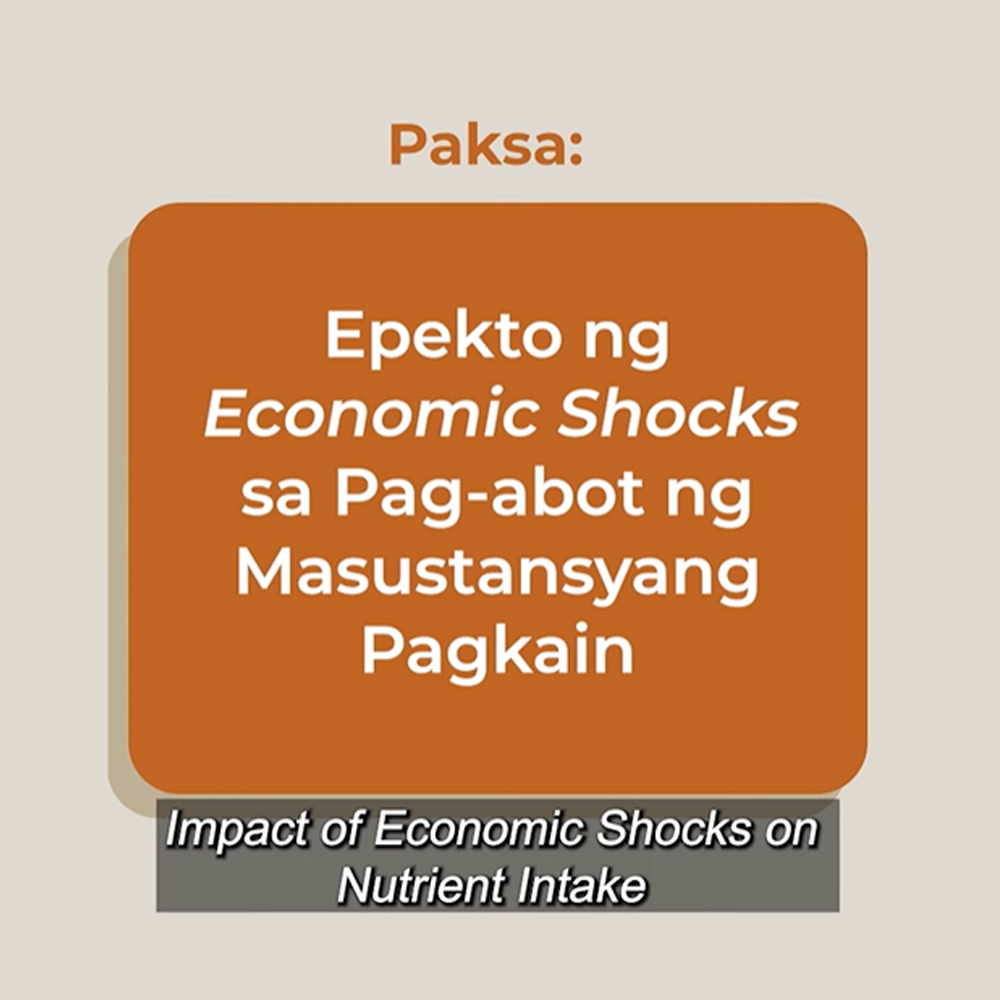This study assessed the likely economic, distributional, and fisheries resource impacts of a potential free trade agreement (FTA) between the Philippines and European Union (EU) on the fisheries sector of the former. The study used secondary data from institutional sources and results and findings of past studies. Among others, the study found that a) the elimination of tariffs will likely increase fisheries outputs and exports as well as help reduce poverty in the fisheries sector and the general population; b) the elimination of tariffs will likely diversify the currently limited country destinations and number of exported fisheries products of the Philippines to the EU; c) other than tariffs, there are nontariff measures (NTMs) that significantly impede freer flow of fisheries products from the Philippines to the EU that need to be considered; d) some participants in the Philippine fisheries sector will gain from an FTA while others will lose but the net benefits to the sector and economy is not known; and e) increase in fisheries exports due to the FTA will likely worsen fisheries resource overexploitation although the inflow of cheaper imported fish will tend to reduce the overexploitation.
The study concludes, among others, that if a Philippines-EU FTA materializes it should not only reduce or eliminate tariffs in fisheries products but also the NTMs. It also argued that the government should provide safety nets for the fisheries participants who are going to be disadvantaged by the FTA and implement the needed resource and environmental management that will allow sustainable exploitation of fisheries resources even with increased trade.

